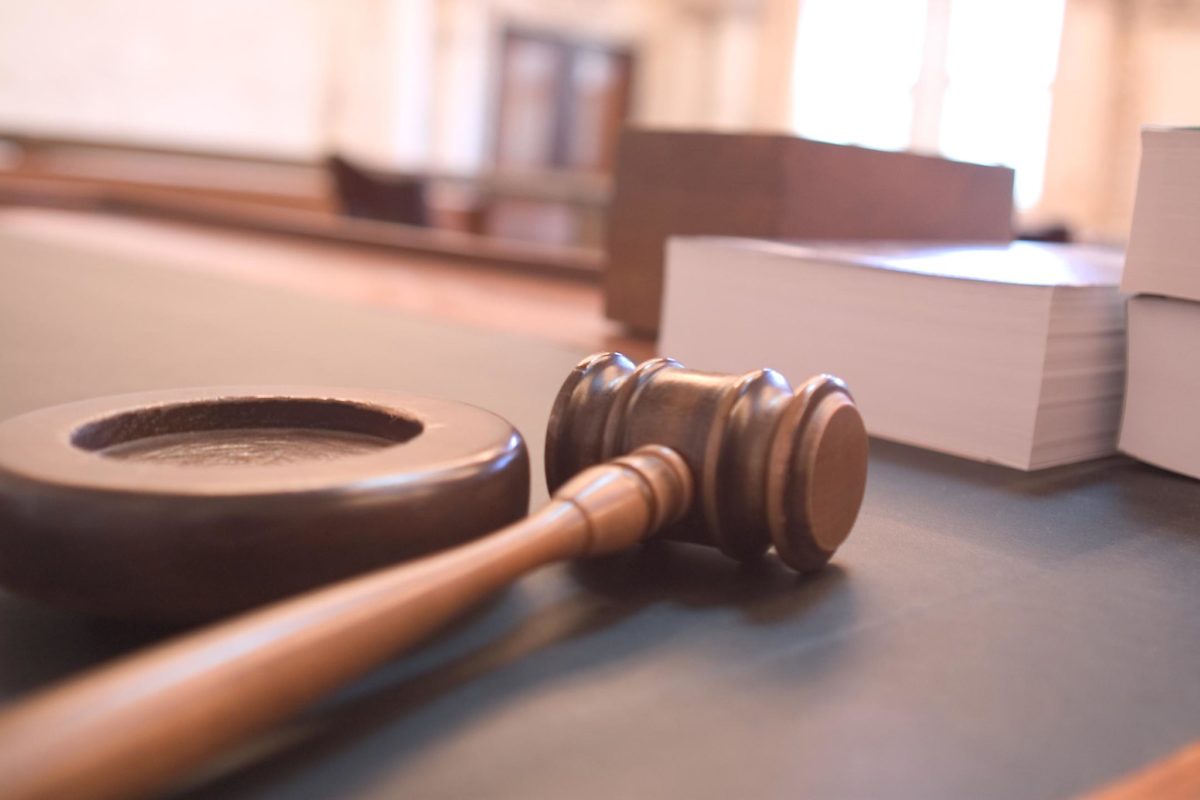With pv magazine having this week confirmed a shipment of PV panels made by Longi Solar was seized in Rotterdam last month, the Chinese solar giant this morning said Hanwha technology patent claims had been dismissed in a separate case in the U.S.
Longi reported the Patent Trial and Appeal Board (PTAB) of the U.S. Patent and Trademark Office (USPTO) had, on June 28, “issued a final written decision on an inter partes review (IPR) proceeding, declaring all of the patent claims in Hanwha Q-Cells’ U.S. Patent 8,933,525B2 to be invalid.”
Seizure
The date of that final ruling is thought to be 12 days after an unspecified volume of Longi solar panels was seized at the Port of Rotterdam with the consent of the Dutch courts. A source close to the incident told pv magazine Hanwha had requested seizure of the shipment as the products were at risk of being distributed in markets where its patented solar cell passivation technology is in force. The source said Longi had subsequently written to customers in such markets warning delivery of its products could be delayed because of the action taken by Hanwha.
The customers contacted by the Chinese company were said to include businesses in Germany, where the Dusseldorf Regional Court in June last year decided Longi and Chinese-owned co-defendents JinkoSolar and REC Solar, had infringed Hanwha's patent. Hanwha had filed the claims in March 2019 and an appeal announced by Longi, and which was due to have taken place in April, is now expected to be held some time in “late summer,” according to a source close to that case.
US decision
Hanwha's success in Germany, however, has not been reflected in a similar case lodged against the same three manufacturers in the U.S. courts.
Longi this morning said, of U.S. patent 8,933,525B2: “The patent attempts to cover a specific type of PERC solar cell with a three-layer passivation structure, including a chemical passivation layer, a field-effect passivation layer, and a silicon nitride cover layer. The field-effect passivation layer contains aluminum oxide. Although this patent has been filed, and was granted, in many countries previously, it was considered to be obvious and not novel based on the analysis of Longi’s IP [intellectual property] team, which filed an invalidity procedure, with evidence, in a number of countries. The USPTO agreed with Longi that all of the claims in Hanwha Q-Cells’ patent do not fulfill several legal requirements and are unpatentable.”
Popular content
The Chinese manufacturer's statement continued: “This decision is welcome news for Longi and also for the industry. It follows Longi’s earlier success in invalidating another Hanwha Q-Cells solar cell patent, US 9,893,215B2, in another IPR proceeding. That was initiated after Hanwha Q-Cells filed a suit against Longi at the U.S. International Trade Commission (USITC) in 2019.
“Longi respects legitimate intellectual property rights and understands that valid patents play an important role in technological progress. At the same time, invalid patents, and attempts to enforce such patents, negatively affect both the industry and the enterprizes involved. Accordingly, Longi will continue to resist baseless assertions of patent infringement and will continue to invest in the fight against invalid patents.”
Different tech
A spokesperson for Hanwha said there was a difference between the U.S. patent referred to by the written decision and that in process in Europe, and stated: “Q Cells respects the decision rendered by the U.S. Patent Trial and Appeal Board (PTAB) on June 28, 2021, in the inter partes review (IPR) proceedings filed by Longi relating to passivation technology. However, it is regrettable that the board has not taken our claim into proper consideration, considering that this technology already proved its validity by winning the patent invalidation trial in China’s Reexamination and Invalidation Department of the Patent Office (CNIPA).
“The technology in the IPR proceedings is clearly different from the technology currently in the process of patent infringement litigation in Germany, Australia and France, and thus the decision by the U.S. PTAB will not affect the results of litigations in those countries. Q Cells has and will continue to focus on our current litigations to protect our intellectual property rights and contribute to establishing a healthy innovation landscape in the solar industry.”
This copy was amended on 20/07/21 to remove the previously reported statement the technology which permitted Hanwha to secure permission to seize the Longi panels in Rotterdam was the same as, or similar to, the technology patent invalidated in the U.S. The copy was also amended to reflect the fact the U.S. patent decision came 12 days after the Longi panel shipment was seized, not a week later, as previously stated.
This content is protected by copyright and may not be reused. If you want to cooperate with us and would like to reuse some of our content, please contact: editors@pv-magazine.com.



1 comment
By submitting this form you agree to pv magazine using your data for the purposes of publishing your comment.
Your personal data will only be disclosed or otherwise transmitted to third parties for the purposes of spam filtering or if this is necessary for technical maintenance of the website. Any other transfer to third parties will not take place unless this is justified on the basis of applicable data protection regulations or if pv magazine is legally obliged to do so.
You may revoke this consent at any time with effect for the future, in which case your personal data will be deleted immediately. Otherwise, your data will be deleted if pv magazine has processed your request or the purpose of data storage is fulfilled.
Further information on data privacy can be found in our Data Protection Policy.